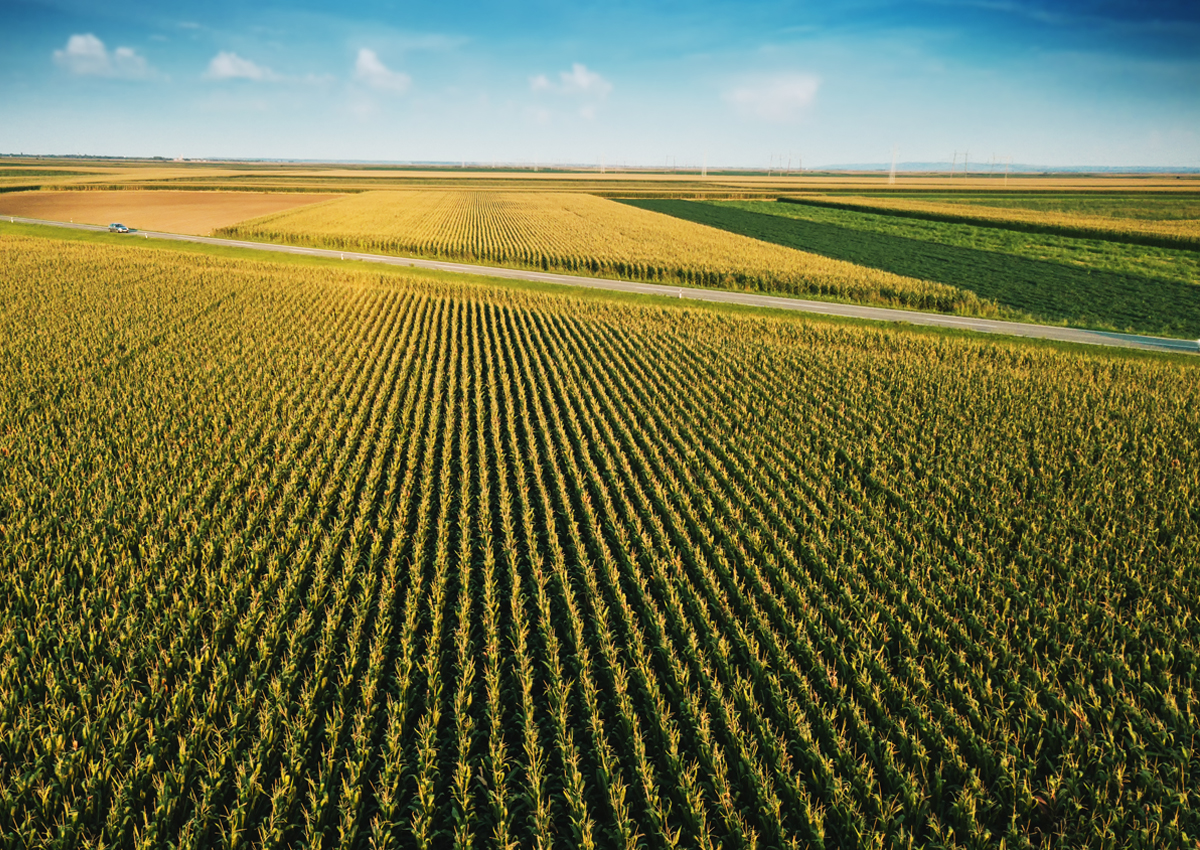
Study Finds Organic Farming is Worse for Climate Change
October 30, 2019| |
A new study published in Nature Communication reveals that organic farming is actually worse for climate change. The paper, authored by scientists from Cranfield University and University of Reading in the United Kingdom, reports that organic farming might further contribute to global greenhouse gas (GHG) emissions due to decreased use of farm inputs and increased soil carbon sequestration. It might also exacerbate emissions through greater food production to make up for lower organic yields.
The researchers analyzed what would happen if all of England and Wales shifted entirely to organic farming. The good news, according to the paper, is that it would cut direct GHG emissions from livestock by 5% and from growing crops by 20% per unit of production. The bad news, however, is that it would slash yields by around 40%, which would force importation of more food from other countries. If half the land used to meet that spike in demand was converted from grasslands, which store carbon in plant tissues, roots, and soil, it would boost overall greenhouse-gas emissions by 21%.
The bigger problem, according to the paper, for both crops and livestock is that organic farming requires a lot more land to produce the same amount of food. Switching 100% to organic practices requires 1.5 times more land to make up for the declines, which would add up to nearly five times more land overseas than England and Wales currently rely on for food.
For more details, read the article in MIT Technology Review or the open access paper in Nature Communication.
| |
You might also like:
- Genetic Engineering Helps Increase Availability of Improved Organic Seeds
- How about CRISPR-edited Crops in Organic Agriculture?
- ISAAA Pocket K No. 51: Coexistence of Biotech and Non-biotech Crops
Biotech Updates is a weekly newsletter of ISAAA, a not-for-profit organization. It is distributed for free to over 22,000 subscribers worldwide to inform them about the key developments in biosciences, especially in biotechnology. Your support will help us in our mission to feed the world with knowledge. You can help by donating as little as $10.
-
See more articles:
-
News from Around the World
- 'Oppressively burdensome' Gov't Regulations Impede Longed-for Approval of Golden Rice
- Biotech Soybeans Now Cover 50% of the World's Biotech Crop Area
- Niger Parliament Approves National Biosafety Law
- International Research Team Traces Family Tree of More than 1,100 Green Plants Over 1 Billion Years
- Scientists 'Vaccinate' Plant to Boost Defense Against Pest
- Young NZ Scientists Appeal for Overhaul of GM Research Regulations
- Study Finds Organic Farming is Worse for Climate Change
-
Research Highlights
- Interplay between miR156/SPL13 and DFR/WD40–1 Affects Drought Tolerance in Alfalfa
- Developing Ozone Tolerance in Tomato Might Interfere with Plant Disease Management
-
Plant
- CRISPR-Cas9 Used to Reduce Seed Dormancy in Rice
- Harvard, MIT Experts Develop New Gene Editing Technology
-
Read the latest: - Biotech Updates (January 21, 2026)
- Gene Editing Supplement (December 17, 2025)
- Gene Drive Supplement (February 22, 2023)
-
Subscribe to BU: - Share
- Tweet

